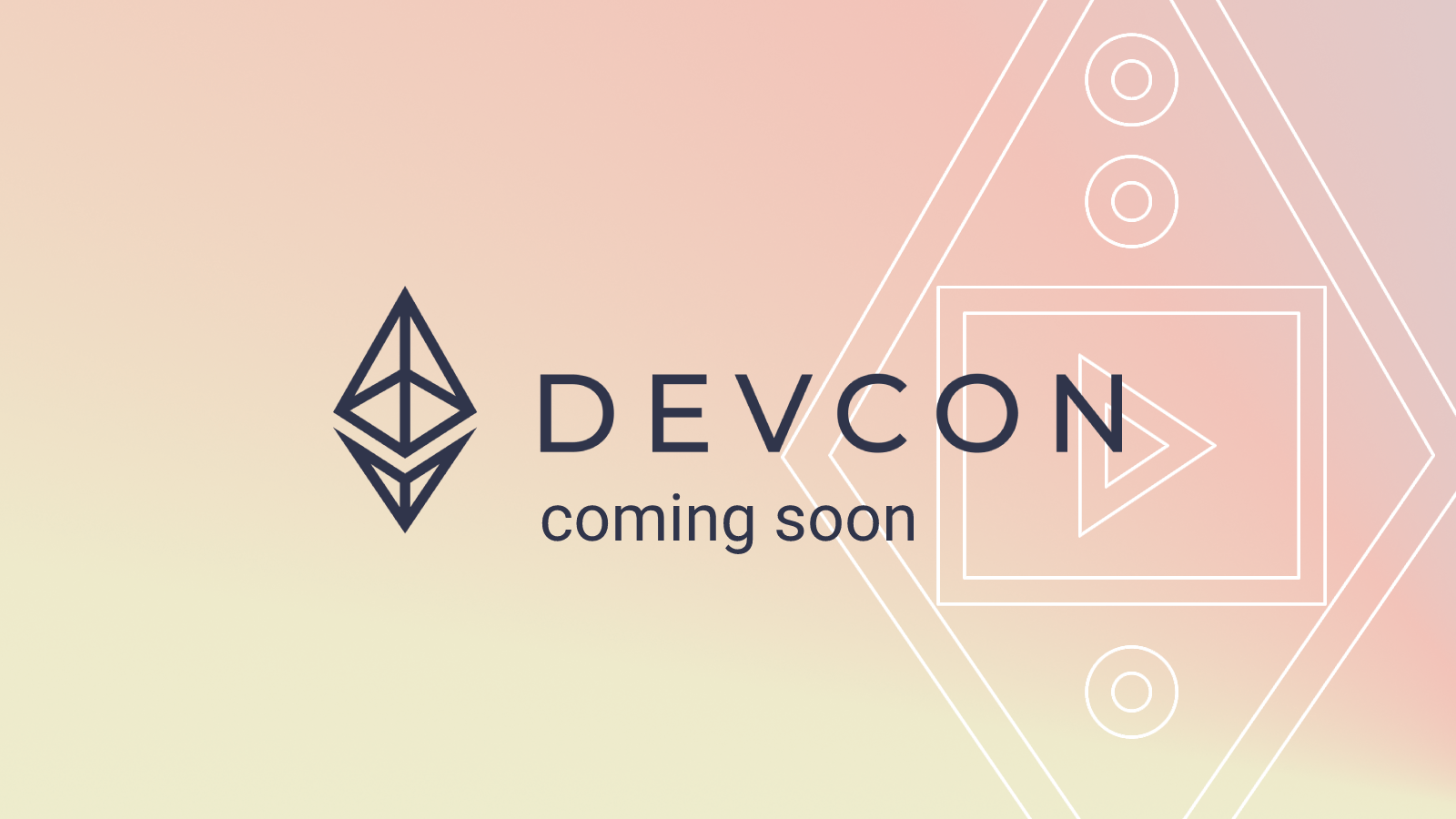devcon 7 / indexing entire 24 billion transactions on ethereum in 10 hours
- YouTube
- Details
Indexing Entire 2.4 Billion Transactions on Ethereum in 10 Hours
Duration: 00:08:29
Speaker: Panjamapong "PanJ" Sermsawatsri
Type: Lightning Talk
Expertise: Intermediate
Event: Devcon
Date: Nov 2024
This talk covers learnings from building a general-purpose indexer which index every single transaction since genesis. There is also technical decisions when we have to deal with 7 billions records of data and how to process all of those data in less than half a day. Additionally, we will discuss the difference between batch data processing and real-time data processing, sharing best practices and strategies for both approaches.
- Related

Devcon
Workshop
1:24:46
Farcaster frames: building embeddable Ethereum apps
Frames are an open standard for creating embeddable, interactive apps in social media feeds and on the web. They help solve one of the hardest problems for Ethereum dapp developers: distribution. Although frames originated on Farcaster, it's now possible to build cross-platform frames that work on Farcaster, Lens, XMTP, and the open web. In this hands on workshop we'll introduce the core concepts behind frames and build a simple frame app that interacts with a smart contract.

Devcon
Workshop
1:19:52
Discovery - the tool at the core of L2BEAT
Hands on workshop about how to use an L2BEAT tool called discovery for mapping, researching and monitoring all the contracts involved in a project. We'll start by introducing the problem that discovery tries to solve and after that we'll get into trying to understand the architecture of a real world project by using the avenues this tool gives us. After this session the participant should feel empowered to use discovery to deepen his knowledge about all on-chain deployments.

Devcon
Talk
17:35
Keynote: Nomic Foundation’s vision for Ethereum’s tooling ecosystem
Nomic Foundation is the nonprofit behind Hardhat. Nomic’s co-founder and CTO will walk you through Nomic’s long-term vision for a community-driven developer tooling ecosystem for Ethereum.

Devcon
Talk
The Next 700 EVM Languages
What is the role of programming languages in helping smart contracts become reliable and scalable technology? Are our current languages for the EVM up to the task? Has Ethereum lost the lead in this regard? This talk explores these questions and proposes a roadmap for the development of the next generation of smart contract languages for the EVM.

Devcon
Talk
19:27
MUD - How we built an EVM application framework from the ground up
We wanted to accomplish one simple task: put a game—with all its data and logic—on a blockchain. What followed were countless technical challenges, years of efforts, and learnings that are applicable to anyone building complex onchain apps. How should data be structured? How can complex world state stay up-to-date on the client? How do we allow multiple teams to build on one single world, without it all breaking apart? Join us as we share the pitfalls and learnings.

Devcon
Talk
26:07
Indexing Ethereum: When and How to Build an Indexer
Open source Ethereum Indexers are great for quickly getting your project off the ground. However, there are limits to these tools and in some cases building your own Indexer is the right thing to do. This talk will explore why you might want to build your own and outline a technical approach for building simple, reliable Indexers.

Devcon
Talk
20:42
Scalable and sovereign EVM data: modern data engineering best practices
Collecting and analyzing large historical EVM datasets can pose a significant challenge. This has led many teams and individuals to outsource their data infrastructure to commercial 3rd-party platforms. However, over the past year a new style of data workflow has emerged, using entirely open source software and local-first processing. This new ecosystem of tools allow anyone to cheaply, easily, and robustly collect and analyze any EVM dataset from the comfort of their own laptop.

Devcon
Talk
15:24
Augur
Dr. Jack Peterson presents on Augur (http://www.augur.net/), an open-source, decentralized prediction market built on Ethereum.

Devcon
Talk
17:20
Digital Identity
Christian Lundkvist of ConsenSys (https://consensys.net/) presents on digital identity.

Devcon
Talk
22:32
Introduction to Snarks
Blockchains are a hostile world were all information is public and computations are expensive. A technology called zkSNARKs is coming to the rescue: It allows both a tremendous speedup in verifying the correctness of a computation while at the same time it hides the private details from prying eyes. This talk tries to give an idea about how and why it works.

